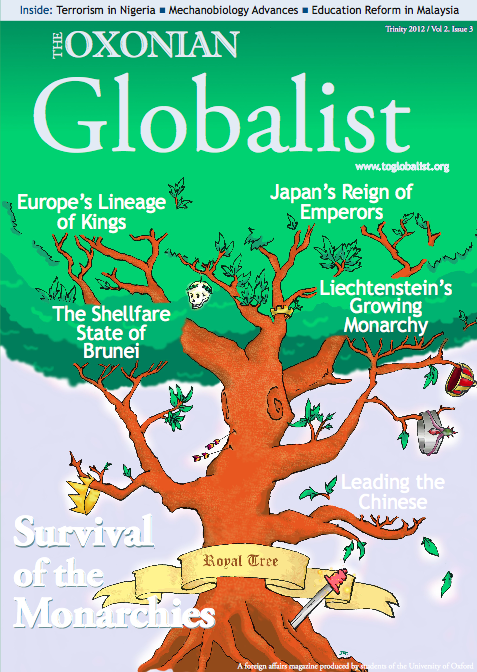Parallel universes have always fascinated me. They exist all around us, as the potential for another world, another possible future. On a cold March evening I stumble across yet another one at a bar in central Bologna. There is not enough room inside so we sit outside with a group of local students. They begin to tell stories about their parents’ lives, and soon some of the older regulars begin to elbow their way into the conversation. The focus quickly shifts from stories of harmless pranks to epic decade-long political dramas. Bologna – I am told – is the “Red City”, the centre of Italy’s leftist student movement. How much of this is true, I cannot be sure, but their account is convincing.

Bologna’s Piazza di Porta Ravegnana: once the centre of an upheaval. Photo by bibliothequedetoulouse via Flickr.
One young man begins to tell me the story of Francesco Lorusso, who was only 25 years old when he was shot dead in the midst of a student demonstration in 1977. The two days following his death were marked by violent clashes between students and Italian security forces, featuring Molotov cocktail assaults by the former and tank blockades by the latter.
Another student interrupts this story to tell me about one of his professors. The professor in question claims to have been a member of a radical leftist “brotherhood” in his twenties. They shared everything; money, clothes, food, even lovers. “What does he think of all that now?” I ask, careful not to show any hint of wistfulness. “He’s put it all behind him,” the student says regretfully. “He knows why things went wrong, that failure was inevitable. Still,” adds the student almost immediately, “you know he wishes he was still in those times; he gets that look in his eyes like he’s still back there facing the cops with stones in his hands.”
The world in which these ideals of unity and liberation were possible never ends. It persists invisibly, parallel to our present, in monuments and stories dedicated to fallen heroes and defeated monsters, as well as our own imaginations.
Walking back to a friend’s apartment later that night I make a brief stop under one of Bologna’s ubiquitous porticos to leaf through my copy of Milan Kundera’s The Unbearable Lightness of Being. In the first few pages Kundera asks his reader to reflect on Friedrich Nietzsche’s concept of eternal return, in which the universe and everything in it is finite. Consequently, every moment of our lives has already occurred, and will occur again ad infinitum. It is in this manner that our lives, or being, acquire weight. Kundera comes to take an opposing stance: that each person has only one life to live and will only live it once. In this way our lives possesses a fundamental “lightness”, and only by accepting the absurdity of life can we begin to approach happiness.
Convinced as I am by Kundera’s contention that every moment is unique and experienced only once, the night’s conversations make me wonder if there might not be another kind of heaviness, one that does not render all our endeavours absurd and meaningless. This question spurs me to reread another book: Philip K. Dick’s The Man in the High Castle. Dick’s novel imagines a world in which the Axis powers have won World War II: the Nazis control the East Coast of America, while the Japanese occupy the West. In the neutral territory between these two regions lives a reclusive writer whose latest work describes a completely different world in which the Allies have won the war. Late in the book, it is revealed that this may in fact be the true reality, and that the Axis-dominated world is nothing but a fiction. This revelation is doubly disruptive, first because it means that the novel’s characters have lived their lives in accordance with a delusion, and second because they must contend with the moral implications of conforming to such a fiction. Only when the better world, the world without Nazi or Japanese occupation, is determined to be real, are they forced to grapple with their responsibility in accepting the conditions of fascist domination.
Dick’s novel suggests to us how events can possess an infinite potential. In this vein I would argue that while each event may occur only once, rather than recurring eternally, there remain parallel universes for every moment. There are worlds beyond ours in which our better instincts are applied more fruitfully and others where they are reduced to ashes. We must not take this to mean that we should resurrect now-defunct twentieth-century ideologies that once enticed young people with promises of worldwide liberation and equality. It simply means that we must remain conscious of the historical, political, and philosophical meaning with which our surroundings are will forever be imbued.




